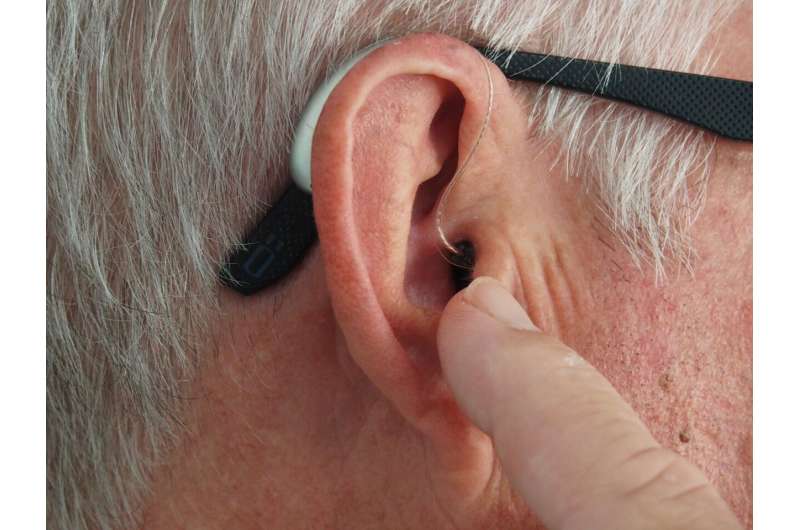How the Brain Forges Flexible Mental Maps by 'Flickering' Between Reality and Memory

New research reveals how the brain dynamically switches between current perceptions and stored memories to navigate complex environments, with implications for understanding memory and mental health conditions.
Scientists have uncovered fascinating insights into how the brain navigates new environments by dynamically switching between current perceptions and stored memories. Published in Nature Communications, recent research led by George Dragoi, MD, Ph.D., from Yale University, reveals that our brain’s hippocampus, often called the brain’s GPS, creates adaptable internal maps of our surroundings. These maps enable flexible navigation, allowing us to take detours or explore unfamiliar routes.
The study involved experiments with rats, which have hippocampal circuitry similar to humans. Researchers recorded neural activity as the rats navigated a maze with four arms, including a surprise detour that replaced part of the path with a U-shaped route. When the detour was introduced, the rats' brains exhibited a remarkable phenomenon: their neural activity ‘flickered’ between the current route and memories of the original path, even when they hadn’t yet encountered the detour.
Before experiencing the detour, the rats’ brains already showed activity patterns suggesting they were mentally rehearsing alternative routes during rest periods, indicating that the brain prepares for unexpected changes in the environment. After learning about the detour, the rats quickly adapted, consolidating this new information into their mental maps during sleep through theta sequences—neural patterns integral to memory and spatial learning.
Interestingly, when the original route was restored after the detour, the rats’ neural maps did not revert entirely to their former state. Instead, their brains updated the internal map to incorporate the experience, demonstrating a high level of neural flexibility.
This flickering and updating process occurs during phases of theta brainwaves, which facilitate rapid comparisons between current experiences and stored memories. Such neural mechanisms highlight how the brain can simulate multiple possibilities simultaneously, a vital function for adaptive navigation.
The research has broader implications beyond spatial learning. It offers insights into how such neural dynamics might relate to mental health conditions like post-traumatic stress disorder (PTSD), where intrusive memories and hallucinations can occur when the brain’s capacity to distinguish past from present becomes disrupted.
Overall, this pioneering work illustrates the sophisticated neural choreography that underpins our ability to navigate complex, changing environments, combining memory, imagination, and real-time perception in a seamless process.
Source: Medical Xpress
Stay Updated with Mia's Feed
Get the latest health & wellness insights delivered straight to your inbox.
Related Articles
Loneliness Linked to Increased Risk of Hearing Loss: Insights from a Large UK Cohort Study
A large UK study uncovers a strong association between loneliness and increased risk of developing hearing loss, emphasizing the impact of social factors on ear health.
New Research Reveals Essential Role of Prostacyclin in Fetal Membrane Repair to Prevent Preterm Birth
New research uncovers the vital role of prostacyclin in repairing fetal membranes after rupture, offering potential avenues to prevent preterm birth.
Research Identifies Brain Region Critical in Alcohol-Seeking Behavior Related to Withdrawal Stress
A new study uncovers how specific brain circuits in the thalamus influence alcohol-seeking behavior linked to withdrawal stress, offering potential pathways for improving addiction treatment.



